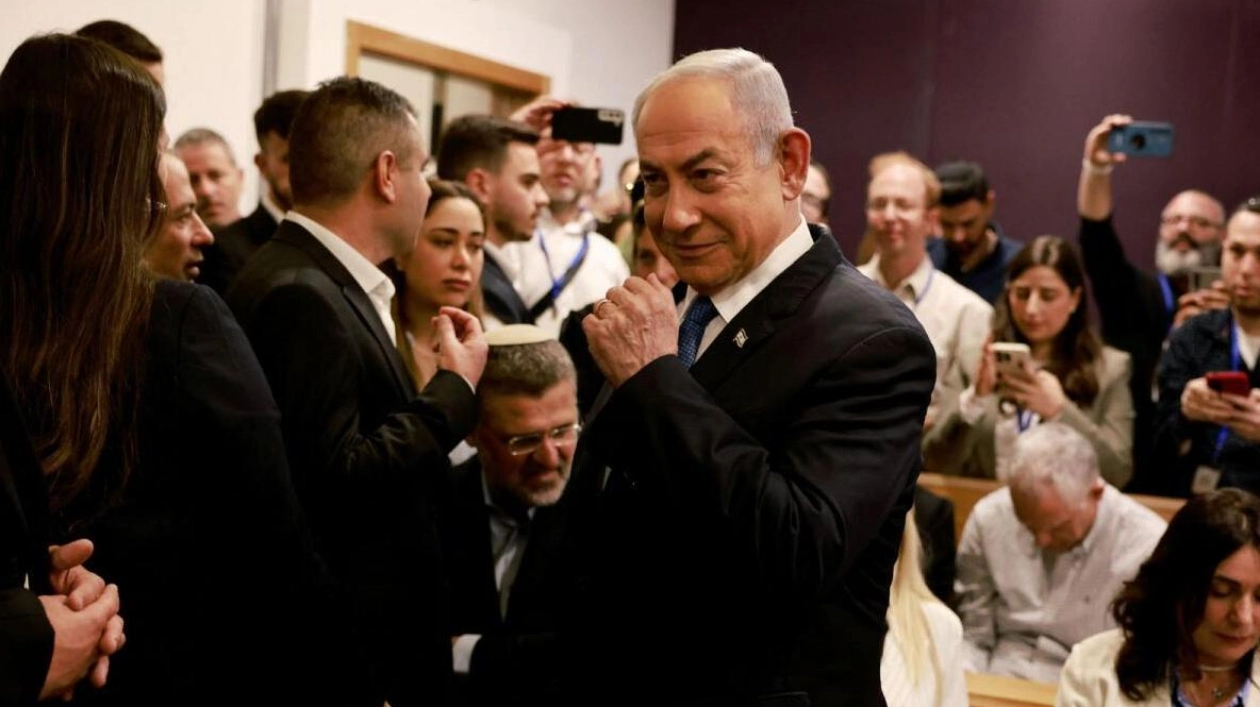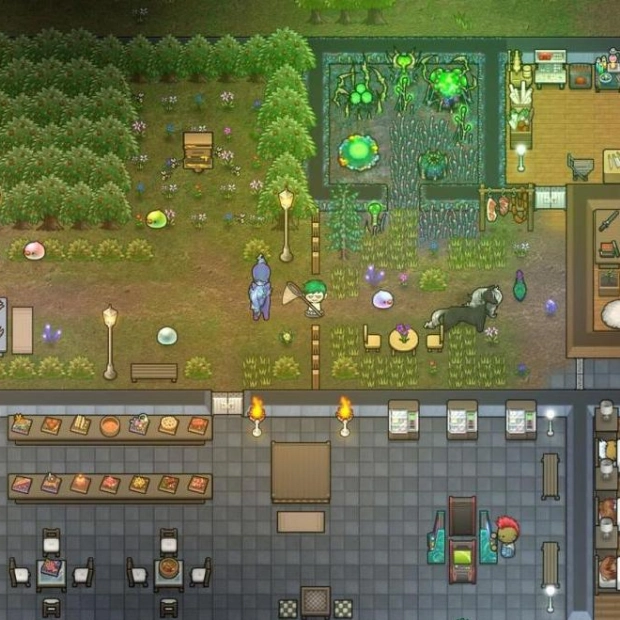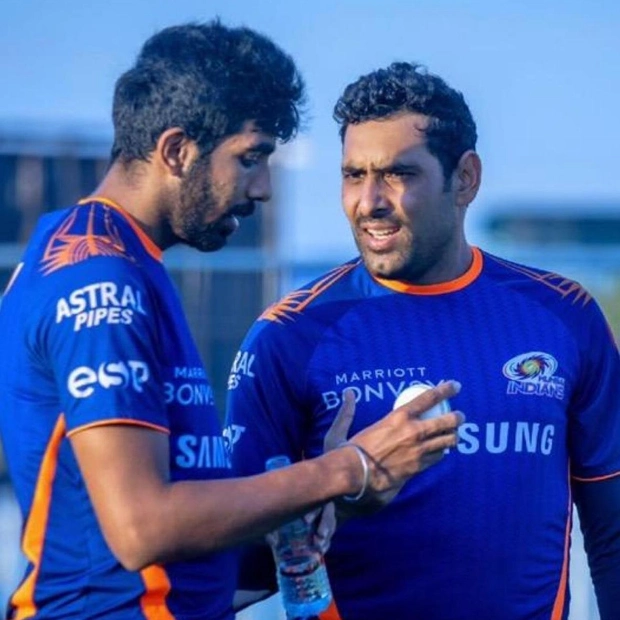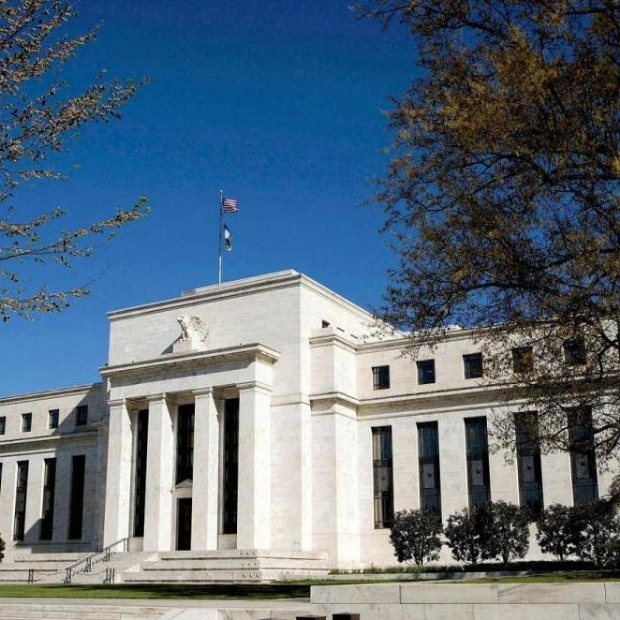Israeli Prime Minister Benjamin Netanyahu arrived at the district court in Tel Aviv on Tuesday for his hearing on corruption charges, marking the first time a sitting Prime Minister of Israel has faced a criminal trial. REUTERS
Netanyahu, 75, took the witness stand for the first time in his long-running corruption trial, asserting that he was being targeted due to his hawkish security policies. As Israel engages in a war in Gaza and faces potential new threats from regional instability, including in Syria, Netanyahu is the first sitting prime minister to be charged with a crime. Last week, judges ruled that Netanyahu, indicted in 2019, must testify three times a week, requiring the longtime leader to balance between the courtroom and the war room at Israel's Defence Ministry, located just minutes from the courthouse.
The leader of the right-wing Likud party, Netanyahu criticized the Israeli media for its alleged leftist bias and accused journalists of hounding him for years due to his policies, which did not align with the push for a Palestinian state. "I have been waiting for eight years for this moment to tell the truth," Netanyahu told the three-judge court. "But I am also a prime minister … I am leading the country through a seven-front war. And I think the two can be done in parallel."
Prosecutors accuse Netanyahu of granting regulatory favors worth approximately 1.8 billion shekels ($500 million) to Bezeq Telecom Israel in exchange for positive coverage of himself and his wife Sara on a news website controlled by the company's former chairman. Additionally, he is accused of negotiating a deal with the owner of Israel's Yedioth Ahronoth newspaper for better coverage in return for legislation to hinder the growth of a rival paper. Netanyahu denies all allegations and has pleaded not guilty. He stood rather than sat in the witness box throughout his morning testimony.
"Had I wanted good coverage, all I would have had to do would be to signal towards a two-state solution. ... Had I moved two steps to the left, I would have been hailed," he said. In lengthy responses, Netanyahu portrayed himself as a steadfast defender of Israel’s security, enduring pressures from international powers and a hostile domestic media.
Netanyahu entered the Tel Aviv District Court confidently at 10 a.m. (0800 GMT), smiling as he arrived. The trial was relocated from Jerusalem for undisclosed security reasons and convened in an underground courtroom. Before Netanyahu took the stand, his lawyer Amit Hadad outlined for the judges what the defense claims are fundamental flaws in the investigation. Prosecutors, Hadad argued, "weren’t investigating a crime, they were going after a person."
A few dozen protesters gathered outside the courthouse, with some supporting Netanyahu and others demanding he do more to negotiate the release of around 100 hostages still held by Hamas in Gaza. Israel has been waging war in Gaza against the Palestinian militant group for over a year, during which Netanyahu had been granted a delay for the start of his court appearances. However, last Thursday, judges ruled that he must begin testifying.
Charged with bribery, fraud, and breach of trust, Netanyahu will testify three times a week, the court stated, despite the ongoing Gaza war and potential new threats from broader Middle East turmoil. Netanyahu was indicted in three cases involving gifts from millionaire friends and for allegedly seeking regulatory favors for media tycoons in return for favorable coverage. He denies any wrongdoing.
In the lead-up to his court date, Netanyahu revived familiar pre-war rhetoric against law enforcement, describing investigations against him as a witch hunt. He denies the charges and has pleaded not guilty. Before the war, Netanyahu's legal troubles bitterly divided Israelis and shook Israeli politics through five rounds of elections. His government's attempt last year to curb the powers of the judiciary further polarized Israelis.
The shock Hamas attack on Israel on October 7, 2023, and the ensuing Gaza war initially overshadowed Netanyahu's trial as Israelis united in grief and trauma. However, as the war dragged on, political unity crumbled. In recent weeks, while fighting subsided on one front after Israel reached a ceasefire with Hamas' Lebanese ally Hezbollah, members of Netanyahu's cabinet, including his justice and police ministers, have clashed with the judiciary.
His domestic legal woes were further compounded last month when the International Criminal Court (ICC) issued an arrest warrant for him and his former defense chief Yoav Gallant, along with a Hamas leader, for alleged war crimes in the Gaza conflict.
Source link: https://www.khaleejtimes.com






